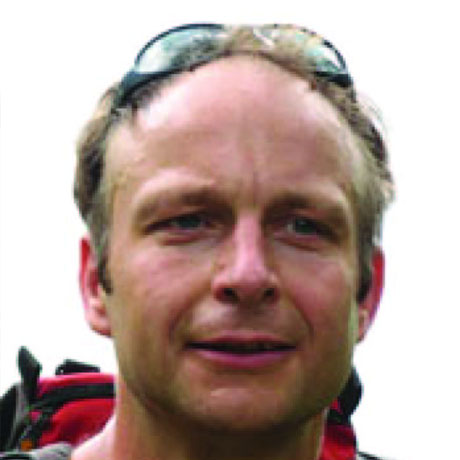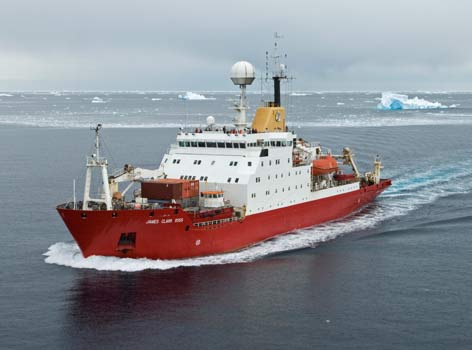
Dr Peter Talling, Lead Investigator
Dr Peter Talling is a geophysicist and geologist at the National Oceanography Centre with a particular interest in submarine sediment processes including sediment flow, landslides and resulting tsunamis, and the effects of such sediment processes on climate change.
While fieldwork plays a central role in Dr Talling’s research - he has worked in Montserrat in the Lesser Antilles and at the Cayman Trench in the Caribbean Sea – laboratory and flume experiments and numerical modelling are also crucial.
Besides rivers, submarine sediment flows are the main process (in terms of volume) by which sediment is transported. The latter transport greater quantities by far, but are less well understood - studying areas 1000s of metres beneath the sea is challenging at the best of times, after all!
Given the quantities of sediment moved by submarine flows, it is not surprising that resulting landslides are also far larger. What is surprising, however, is that they can occur on extremely low gradients of less than 2°; for reference, many professional-grade football pitches have a gradient of ~1° to aid drainage! The size of these landslides also means that they can generate tsunamis which threaten surrounding coastlines. The ARP’s LANDSLIDE-TSUNAMI project aims to evaluate the risk from such events to the UK.
Finally, Dr Talling is also interested in the effect submarine flows and their deposits have on climate change. The sediment deposits produced by large flows can be considerable stores of greenhouse gases, which may be released by landslides and by ocean warming.
